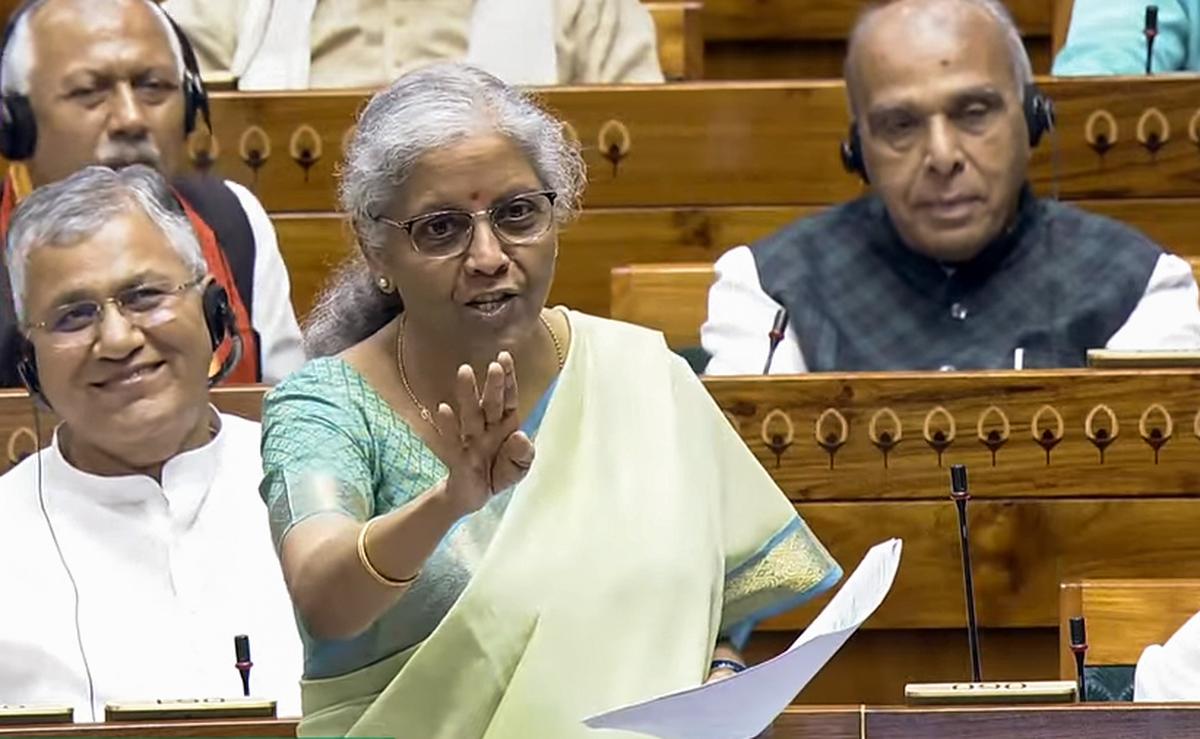Naysa Shrivastava, Pune
On Tuesday, July 6, the Finance Minister, Nirmala Sitharaman came up with a scheme in which taxpayers have a choice to get benefits of indexation on property sale purchased before July 23,2024. The decision was taken after the government faced backlash by the property owners and investors.
The government has introduced an amendment in the Finance Bill, taxpayers will get a choice to pay LTCG(Long Term Capital Gains) at the rate of 12.5% without indexation on fixed assets or 20% tax with indexation benefits on fixed assets. The tax liability will be reduced with this procedure.
Kushal Agarwal, Chairman of The Guardian Real Estates Advisory told The Economic Times, “The amendment concludes, it will make sure that the properties bought before 23 July will not get hampered by the new law. It will let the taxpayers calculate the amount of tax in old or new rules, so that they will be able to pay the lower amount.”
The people who are eligible for this relief are members of Hindu Undivided Families (HUFs), have the choice to consider which LTCG scheme they prefer to pay. It does not include NRIs, Limited Liability Partnerships (LLPs) and companies. It works for both the residential and commercial lands.
Lifetime or the span of time of an asset and price of an asset decides the tax liability. It differs from case to case. The benefit of this scheme is that if a property is 7 years old and inflation will occur during this period of time then the indexation will raise the purchase cost of the property.
Prakash Hegde, Chartered Accountant in Acer Tax and Corporate Services told The Economic Times, “If the value of property will be higher than the inflation rate, the new rule of 12.5% LTCG will be favorable for the real estate workers.”
“In case of shifting of long-term capital assets acquired before 23 July, in which the income tax under item (B) surpasses the income tax evaluated as per the provisions of this Act because they come before amendment via Finance (2) Act . Such excess should be avoided. Mentioned in the Finance Department Bill 2024 that was presented in Lok Sabha states that” A source on Finance Bill details.
